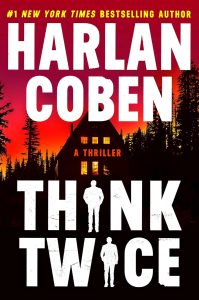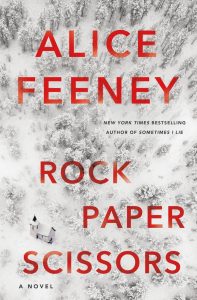
John Boyne’s The Elements is a powerful, deeply affecting novel that cements his reputation as one of the most fearless and emotionally intelligent writers of contemporary fiction. With poetic prose and unsettling honesty, Boyne takes readers into the darkest corners of human nature, examining guilt, complicity, and the long shadows cast by trauma.
Originally released as four interconnected novellas Water, Earth, Fire, and Air this collection now unfolds as one cohesive narrative, bound together by a shared geography and a moral thread that runs through every story. Each section represents a different perspective within the moral spectrum of crime: the enabler, the accomplice, the perpetrator, and the victim. The result is an intricate literary mosaic that feels both intimate and universal.
The Four Elements, Four Faces of Humanity
In Water, a woman flees her home and identity after her husband’s unspeakable crimes come to light. Boyne probes the unsettling question: how much did she know, and at what point does ignorance become complicity? The element of water, both cleansing and destructive, mirrors her search for absolution and the impossibility of washing away guilt.
Earth introduces a young soccer prodigy on trial for a crime that challenges the boundaries of loyalty and morality. This story examines the suffocating nature of denial and the slow erosion of truth under pressure. Boyne captures the tension between wanting to belong and betraying one’s own conscience a theme that reverberates throughout the book.
With Fire, the tone turns darker and more visceral. Here, Boyne explores how unresolved trauma festers into cycles of abuse and vengeance. It is an unflinching look at the ways pain can twist into power, and how the pursuit of justice can blur into retribution. This section is both harrowing and unforgettable.
Finally, Air offers a fragile kind of hope. A father and son embark on a journey that feels like a breath after drowning a chance to begin again, to release the suffocation of the past. Air, as Boyne writes, is the space we create when we stop defining ourselves by others’ sins and start breathing on our own terms.
A Masterclass in Psychological Realism
What makes The Elements extraordinary is its seamless structure. While each story stands on its own, together they form an emotional current that pulls the reader deeper into Boyne’s meditation on guilt and redemption. His characters are layered, flawed, and painfully real. Each voice is distinct, shaped by individual trauma and moral conflict, yet bound by a collective struggle for atonement.
Boyne’s prose is as lyrical as it is precise. He writes with empathy even when his characters are least deserving of it, and he never flinches from uncomfortable truths. The narrative compels readers to reflect on the nature of culpability how silence, denial, or misplaced love can make us accomplices in wrongdoing.
A Book That Lingers
The Elements is not an easy read, nor is it meant to be. It is a confronting, beautifully crafted work that demands emotional engagement. The stories are raw and unsettling, dealing with topics like sexual assault, abuse, and guilt. Yet within their darkness lies a fragile sense of hope the belief that facing the truth, however painful, can be a form of redemption.
John Boyne has always been a writer who thrives on moral complexity, and The Elements might be his most ambitious and accomplished work yet. It is a book that lingers long after the final page, haunting you with its honesty and compassion.
If you’re drawn to stories that challenge the boundaries of morality and explore the human capacity for forgiveness, The Elements is an unforgettable experience.
👉 Get your copy here: Buy The Elements on Amazon


